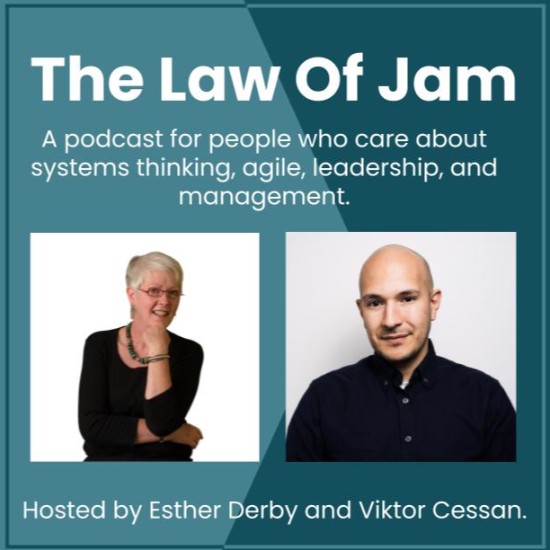The idea that we must set personal goals and work relentlessly to achieve them, bothers me. There’s an implicit valuing of perseverance over flexibility, adaptability, ingenuity. Sort of like following the plan–no matter what!–rather than adapting to change.
The “Don’t be a Quitter” Bat
So, I found it quite odd when a group associated with Agile coaches posted this quote.
Mirror mirror on the wall, I’ll always get up after I fall. And whether I run, walk or have to crawl I’ll set my goals and achieve them all.
Chris Butler
I’m ok with getting up after a fall. Sometimes we need help to do so. Sometimes we need time to catch our breath, and clean up the scrapes. We may need time to heal.
But the second part? Not so much. A fall is a good cue to to reevaluate, not to crawl. This formulation is a set up for being labeled (by self or others) as a quitter.
Circumstances change. People change. People learn more. New opportunities appear. It is always valid to choose again as Jerry Weinberg and Virginia Satir taught.
One may choose to continue towards that goal. But, if you inside and look around, you may find something else is a better fit. You may find that the goal is no longer relevant. In life, as in software projects, things change.
How I Chose Again
At one time in my life, I had a dream to own and run a book store. I loved books. I read voraciously. Seemed like a perfect fit.
I could have relentlessly pursued that. Spent my life’s savings. However, I decided test my idea by getting a job in a bookstore.
I didn’t stop loving books. Nor did I stop reading. But I did drop my goal of owning a book store.
The image I had of what it was like to own a book store didn’t match the reality of the bookstore business. It was actually sort of horrible. Even then, it was a tough business. It didn’t involve discussion about literature, or bonding over shared love of good writing. The pay was terrible. Even the owners were just scraping by. My experiment led me to chose again.
I know other people who have similar stories. They pursued their goal of becoming a nurse, a teacher, a lawyer. Only to discover they really didn’t enjoy the reality of the profession. The nurse didn’t enjoy being around sick people. The teacher liked the kids, but the helicopter parents drove him mad. The lawyer hated advocating in court.
No Regrets
I went back to programming. But I didn’t view it as defeat, or even a set back. I was choosing again. In some ways, I was grateful I’d found out early that this goal didn’t actually fit. I thought a lot about what I wanted my life to be like–not just want I what I wanted to do.
Back on the job, I met Jerry Weinberg. I learned things that changed my life. Eventually, I went to grad school. After working in a Fortune 100 company, I chose again and started my own business. Since then, I’ve traveled all over the world and met hundreds of fascinating people. I’ve reinvented my business a number of times (and am doing so again as the result of the pandemic). I’ve written three books myself (so far).
None of which would have happened had I stuck to my goal whether I had to walk, run, or crawl. I don’t know what would have happened had ended up owning a bookstore. It might have been great. More likely, I’d be struggling, as are many bookstores these days. In either case, I have no regrets what so ever about quitting that goal.




Love this!
This is a very good insight, we set our goals and make our plans when we have the least information about ourselves, the environment(s) we will need to navigate, and the real impact of achieving our goals. It only makes sense not only to change methods in response to both setbacks and successes, but our intermediate and final goals.
ISTM that people often define their personal goals as some discrete accomplishment… such as gain a certificate, or graduating from uni, or running a marathon. I suppose I might have had goals like that at one point.
However, as an adult, I thought more about what kind of life I wanted, and what would help me realize that. With that frame, there were many more paths open.
Chris Argyris defined the ability to adjust your goals as well as methods as “double loop learning” https://hbr.org/1977/09/double-loop-learning-in-organizations
I interpret this advice as choosing to being steadfast in purpose rather than setting do or die goals. Perseverance has a role in ultimate success. You didn’t give up on reading, absorbing, and distilling your wisdom into your books and blogs.
Perseverance is indeed important.
It’s also important to look up and around to see if the world has change. And then to look inward to see if your heart has changed.
What bothers me most about this sort of “run, walk, or crawl” advice is that it sets people up for the “quitter” label. There are tons of valid reasons to set a goal or aspiration aside and choose again.